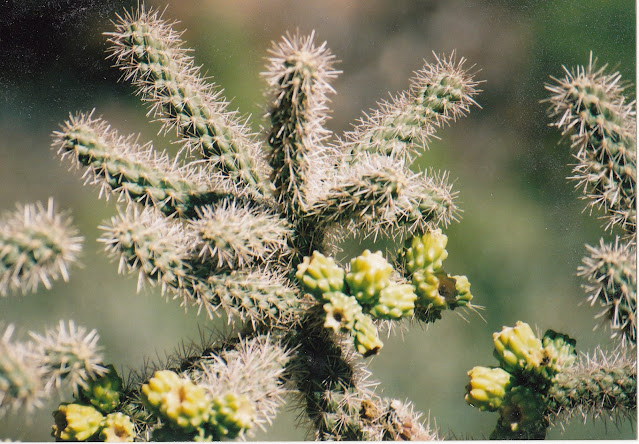Белла Ахмадулина
(1937-2010)
Сумерки
Есть в сумерках блаженная свобода
от явных чисел века, года, дня.
Когда? – Неважно. Вот открытость входа
в глубокий парк, в далекий мельк огня.
Ни в сырости, насытившей соцветья,
ни в деревах, исполненных любви,
нет доказательств этого столетья, –
бери себе другое – и живи.
Ошибкой зренья, заблужденьем духа
возвращена в аллеи старины,
бреду по ним. И встречная старуха,
словно признав, глядит со стороны.
Средь бела дня пустынно это место.
Но в сумерках мои глаза вольны
увидеть дом, где счастливо семейство,
где невпопад и пылко влюблены,
где вечно ждут гостей на именины –
шуметь, краснеть и руки целовать,
где и меня к себе рукой манили,
где никогда мне гостем не бывать.
Но коль дано их голосам беспечным
стать тишиною неба и воды, –
чьи пальчики по клавишам лепечут? –
Чьи кружева вступают в круг беды?
Как мне досталась милость их привета,
тот медленный, затеянный людьми,
старинный вальс, старинная примета
чужой печали и чужой любви?
Еще возможно для ума и слуха
вести игру, где действуют река,
пустое поле, дерево, старуха,
деревня в три незрячих огонька.
Души моей невнятная улыбка
блуждает там, в беспамятстве, вдали,
в той родине, чья странная ошибка
даст мне чужбину речи и земли.
Но темнотой испуганный рассудок
трезвеет, рыщет, снова хочет знать
живых вещей отчетливый рисунок,
мой век, мой час, мой стол, мою кровать.
Еще плутая в омуте росистом,
я слышу, как на диком языке
мне шлет свое проклятие транзистор,
зажатый в непреклонном кулаке.
1966
d
Literary
Translation/Adaptation by U.R. Bowie
Gloaming
In gloaming there’s a beatific
freedom
from dates delineated: of
century/year/day.
When? No matter. Look: an
arboretum,
a distant flick of light, a clear
pathway.
Not in succulence that saturates a
floscule,
nor in trees, bees, bee-trees full
of love
is there firm proof of our year,
age, or tidepool;
so pick one for yourself—then
live, my dove.
Some mote in eye, misapprehended
lifeforce
returns me to walkways of times
long gone by;
as I wander those allées
an old woman perforce
must needs know me and give me the
sober side-eye.
In daylight the place appears rife
with resentment,
but in gloaming my gaze is set
free
to look at a home of familial
contentment,
where, beating the odds, ardent
lovers find glee,
where festive occasions put out
welcome mats
to parties all clamor and blushes,
hand-kissing,
where look: they just waved, “Come
right on in, lass;
have a drink, sing a song; you’re
the only one missing!”
But if by fate destined that their
voices tender
must fade in silent skies and
waters’ flow,
whose fingers, then, will play the
chords of splendor,
whose Mechlin lace will hang in
drapes of woe?
Yet how was I to their warm
welcome woken,
how could I hear the slow strains
played above,
the ancient waltz, the
ever-ancient token
of someone else’s sorrow, else’s
love?
Still possible it is for mind and
hearing
to join a game where enter into
play
a river, empty field, that old
crone leering,
a village with three purblind
lights astray.
There my soul’s smile, equivocal-elusive,
goes wandering, oblivious, far
off,
to that homeland whose ways and
words effusive
by some mistake I’ll know, whose
juice I’ll quaff.
But, frightened by the darkness,
my mind cowers,
abstemious becomes, meanders,
wants to see
a distinct sketch of living
things, trees, flowers,
my era, hour, table, bed,
latchkey.
Still ranging through a dewy whirl
of whisper,
I hear the foreign-language
gibberish
voiced by some damn loud-of-mouth
transistor
that’s clutched in some
intransigent dumb fist.


















